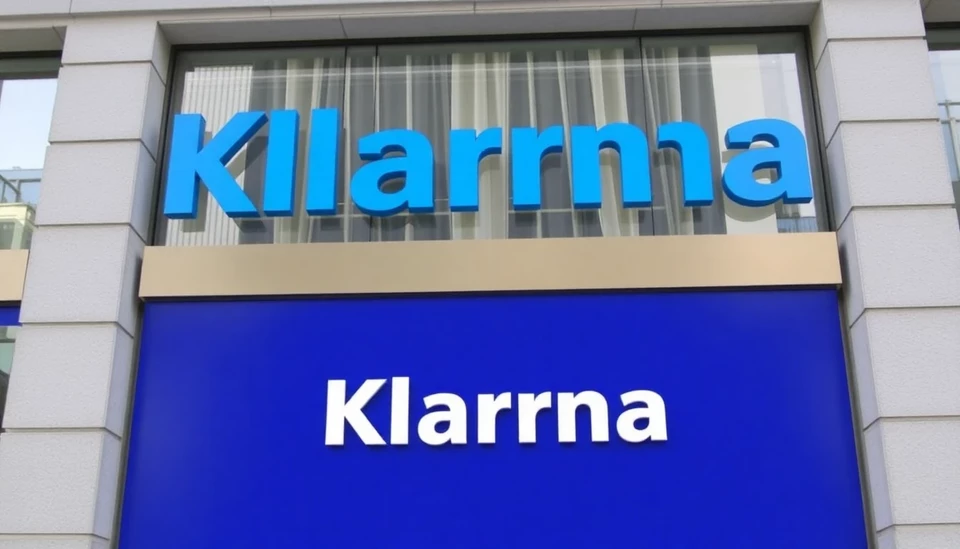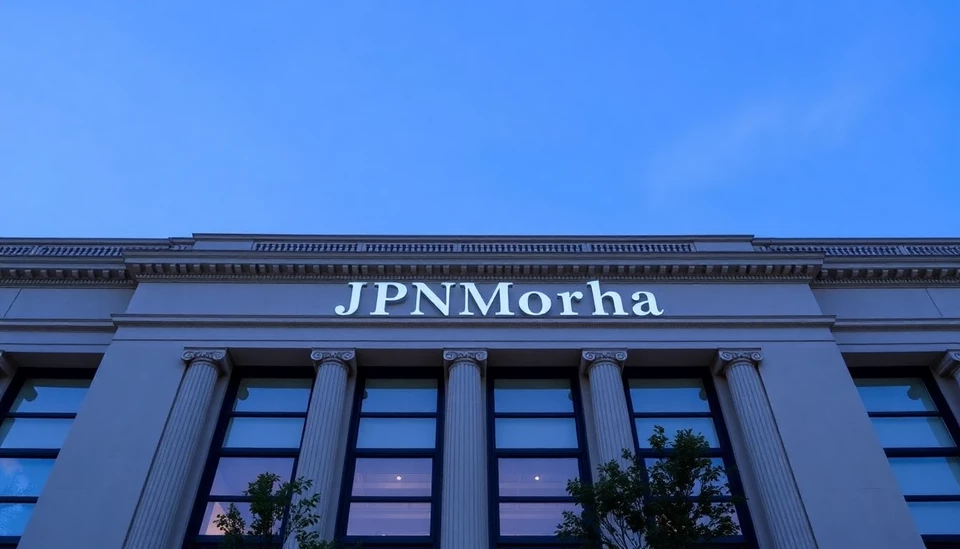
In a significant development, Klarna, the Swedish buy-now-pay-later fintech giant, has chosen to suspend its initial public offering (IPO) amidst ongoing uncertainties surrounding U.S. tariffs implemented during Donald Trump's presidency. This decision comes in the wake of a turbulent market environment, which has exerted considerable pressure on the valuations of many tech firms.
Klarna's IPO was originally anticipated to garner substantial interest, particularly given the company's strong market presence in the consumer financing sector. The company has been at the forefront of a growing movement in e-commerce that allows consumers to make purchases instantly while deferring payment. However, recent fluctuations in the stock market, largely influenced by the aftershocks of political decisions such as Trump’s tariffs on imported goods, have led to instability that raises concerns for potential investors.
The decision to pause the IPO reflects a broader trend in the tech industry, where several companies are reassessing their public listing strategies amid heightened volatility. Market analysts have pointed out that these tariffs have not only affected the cost of imports but have also created a ripple effect, impacting consumer sentiment and spending behavior. Investors are increasingly cautious as they navigate this unpredictable economic landscape, prompting Klarna to reconsider its timing.
Understanding the implications of Trump-era tariffs, which were designed to protect U.S. industries but have also led to increased prices for consumers, is vital for companies like Klarna that operate on thin margins. With the prospect of economic slowdown looming, Klarna's leadership has opted to reassess its financial strategies and market positioning before moving forward with its IPO plans.
The company has been in discussions about its future and the competitive landscape of fintech. With many fintech firms under pressure not just from tariffs but also from increasing regulation and economic uncertainty, Klarna’s leadership is seeking to ensure that the company is optimally prepared for a more stable market environment before proceeding.
Investors and analysts alike are now focusing on how changes in economic policies and market conditions will shape the landscape for IPOs in tech and fintech sectors. As Klarna takes a step back, market watchers will be eager to see how this decision impacts the company’s long-term growth plans and investor confidence in its business model.
In summary, Klarna's decision to pause its IPO underscores the complex interplay between economic policy, market stability, and corporate financial strategies in today's fast-paced business environment. As the situation develops, companies must navigate these turbulent waters with caution and foresight.
#Klarna #IPO #TrumpTariffs #MarketVolatility #Fintech #ConsumerFinance #EconomicUncertainty #InvestmentStrategies #StockMarket
Author: John Harris




